In the world of outdoor gear and technical apparel, zippers play a crucial role in determining the level of protection your gear offers against the elements. When it comes to zippers, the terms "waterproof" and "water-resistant" are often used, but their distinctions can significantly impact the performance of your equipment. In this guide, we'll delve into the differences between waterproof and water-resistant zippers, helping you make informed choices for your outdoor adventures.
I. Understanding Waterproof Zippers
Definition: Waterproof zippers are designed to provide an impermeable barrier against water. These zippers create a hermetic seal when closed, preventing water from penetrating and safeguarding the contents inside.
Construction:
- Waterproof zippers often feature specialized designs, including welded or taped seams. This construction eliminates the need for stitching, reducing potential entry points for water.
- The zipper's teeth are covered by a waterproof material, typically polyurethane (PU) or thermoplastic polyurethane (TPU), ensuring a seamless barrier.
Common Applications:
- Waterproof zippers are commonly found in gear designed for activities where prolonged exposure to water is expected, such as diving suits, dry bags, and high-performance outdoor jackets.
II. Unveiling Water-Resistant Zippers
Definition: Water-resistant zippers are designed to deter water penetration to a certain degree but may not provide an absolute barrier. These zippers offer protection against light rain and splashes but may not withstand prolonged exposure or submersion.
Construction:
- Water-resistant zippers may have a protective flap or cover that shields the zipper teeth. However, they may still have stitching, creating potential pathways for water entry.
- The zipper's resistance to water is often achieved through coatings or treatments applied to the zipper tape.
Common Applications:
- Water-resistant zippers are commonly used in outdoor apparel like rain jackets, backpacks, and other gear where protection against occasional rain or splashes is sufficient.
III. Key Considerations for Choosing Between the Two
-
Intended Use:
- Consider the activities you'll be engaging in. For water-based adventures or heavy rain exposure, opting for gear with waterproof zippers is advisable.
- Water-resistant zippers may be suitable for activities where occasional exposure to rain is expected but prolonged submersion is unlikely.
-
Durability:
- Waterproof zippers, with their sealed construction, are generally more durable in harsh conditions and over extended use.
- Water-resistant zippers may be more susceptible to wear and tear, especially in situations involving repeated exposure to water.
-
Breathability:
- Waterproof zippers, due to their robust construction, may limit breathability in certain applications.
- Water-resistant zippers, with their lighter design, may offer better breathability, making them suitable for apparel where ventilation is essential.
-
Cost:
- Waterproof zippers often involve more advanced construction techniques, making gear with these zippers relatively more expensive.
- Water-resistant zippers may be a cost-effective option for those seeking adequate protection against light rain without the need for absolute waterproofing.
Conclusion: Making Informed Choices
Understanding the nuances between waterproof and water-resistant zippers empowers outdoor enthusiasts to make informed decisions when selecting gear. Whether you're gearing up for a rainy hike or preparing for a water-based adventure, the right choice of zipper can significantly impact the performance and longevity of your equipment. As you embark on your outdoor pursuits, let the knowledge of zippers be your guide, ensuring that your gear stands up to the elements with resilience and reliability.
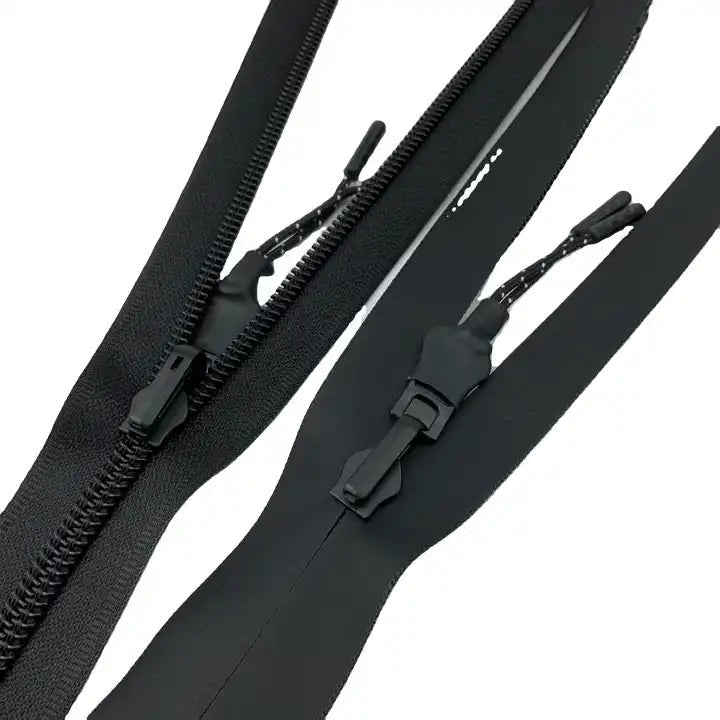
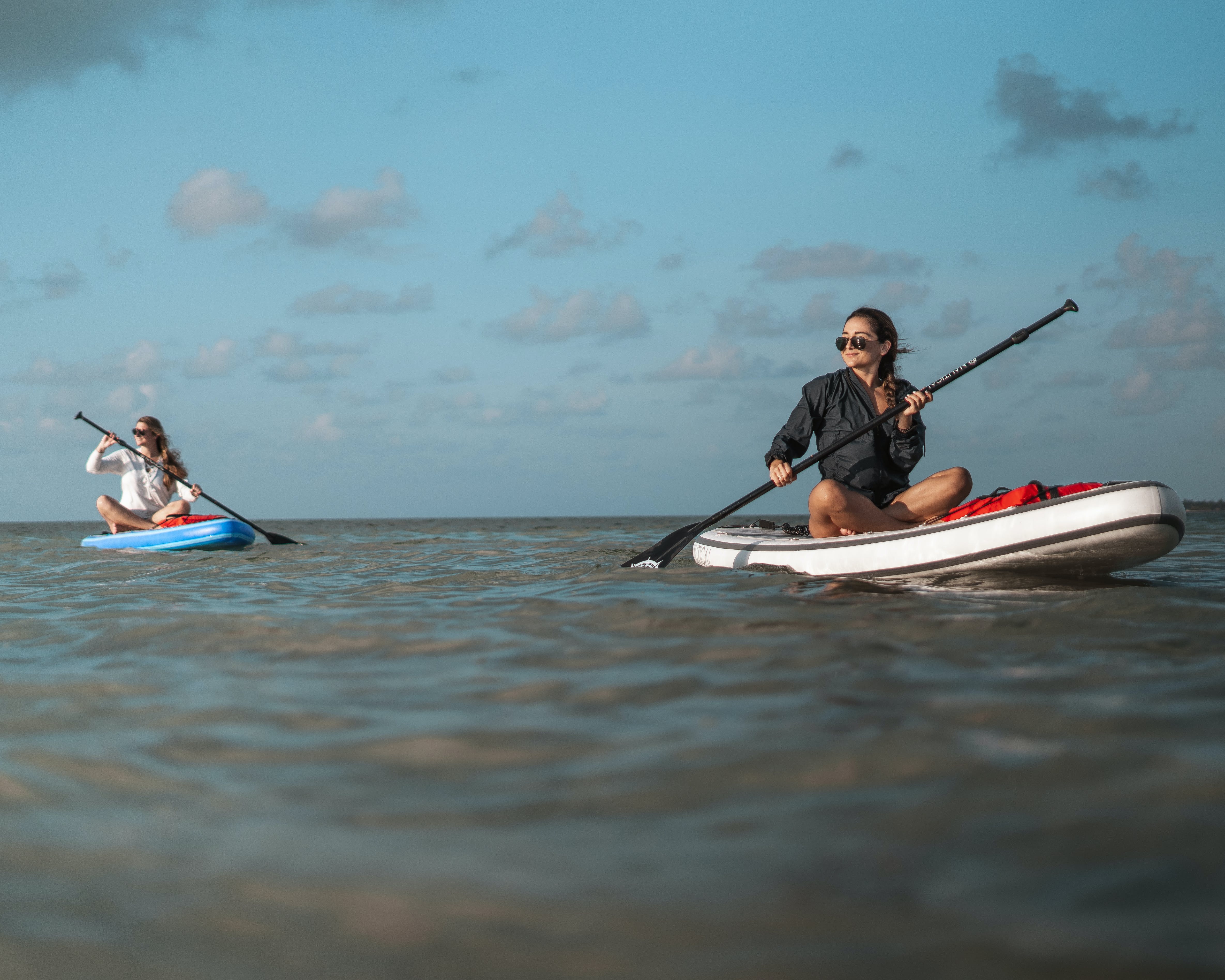

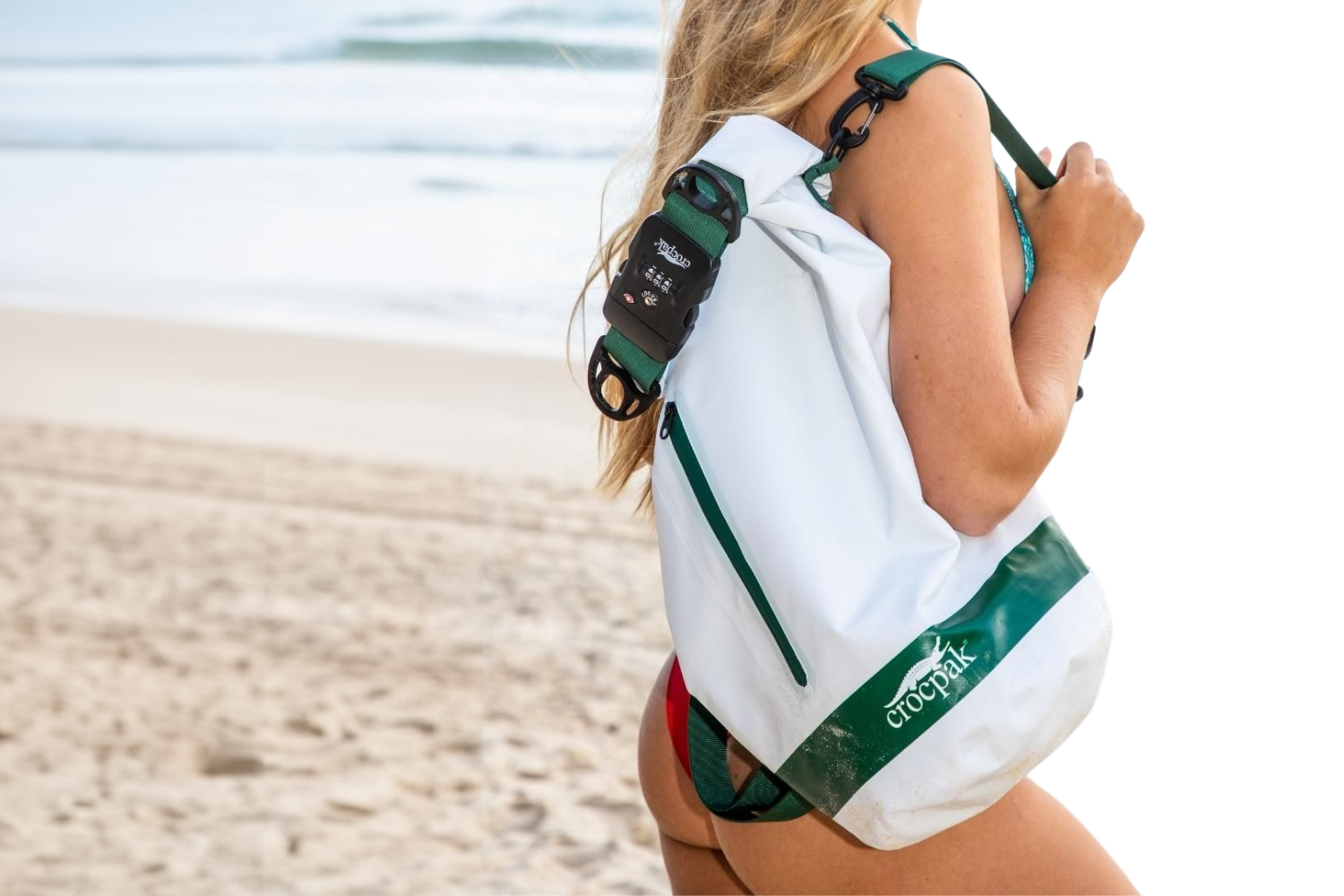
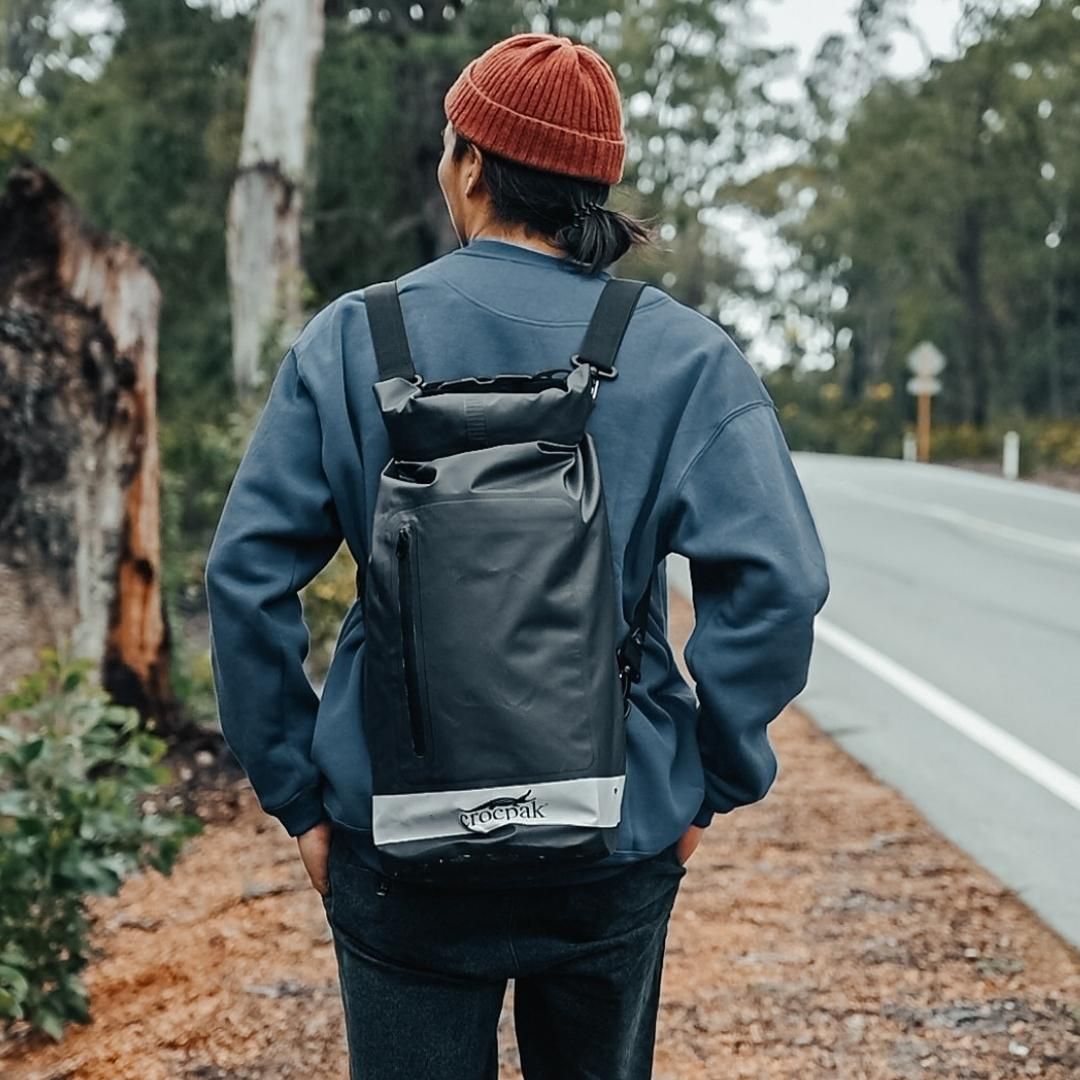

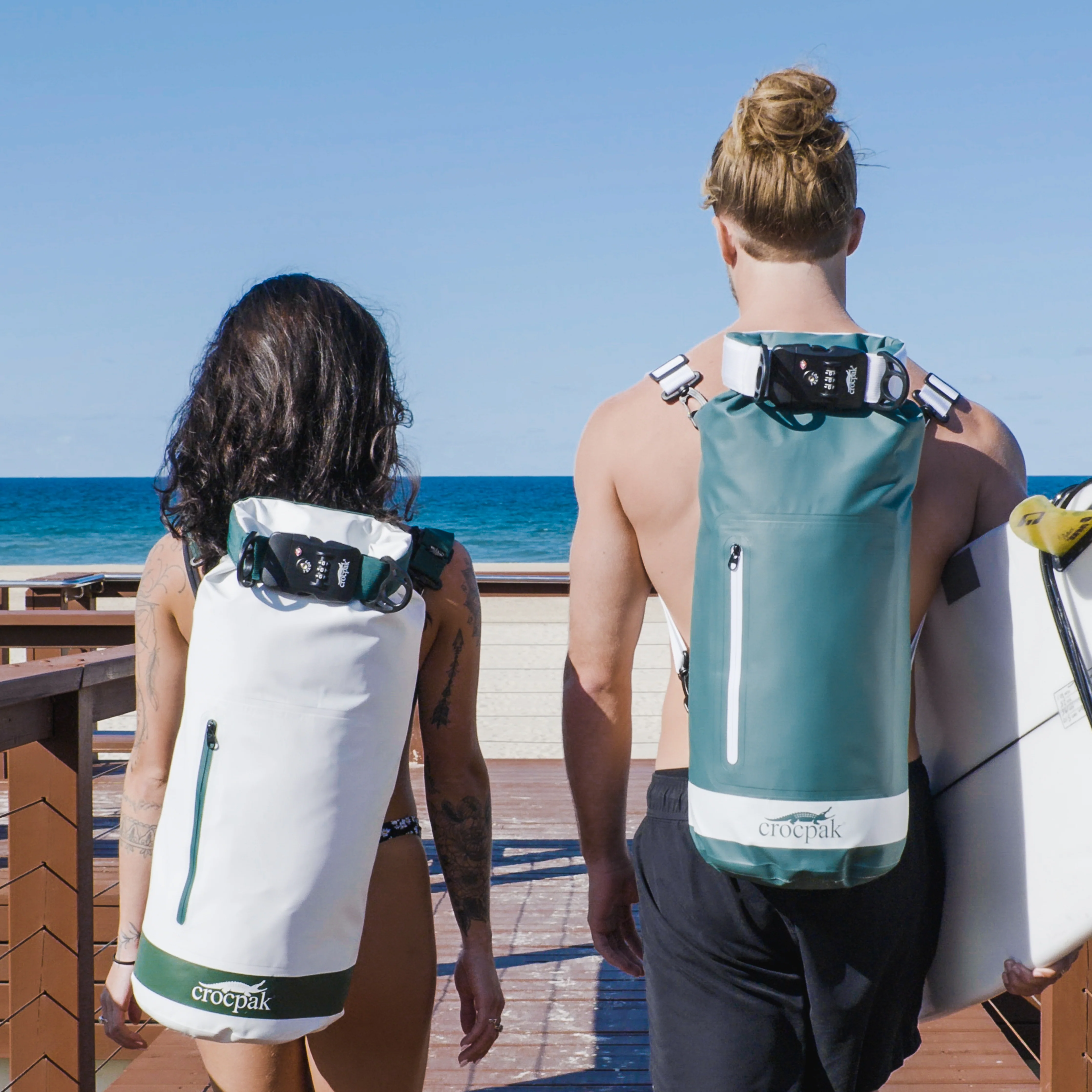
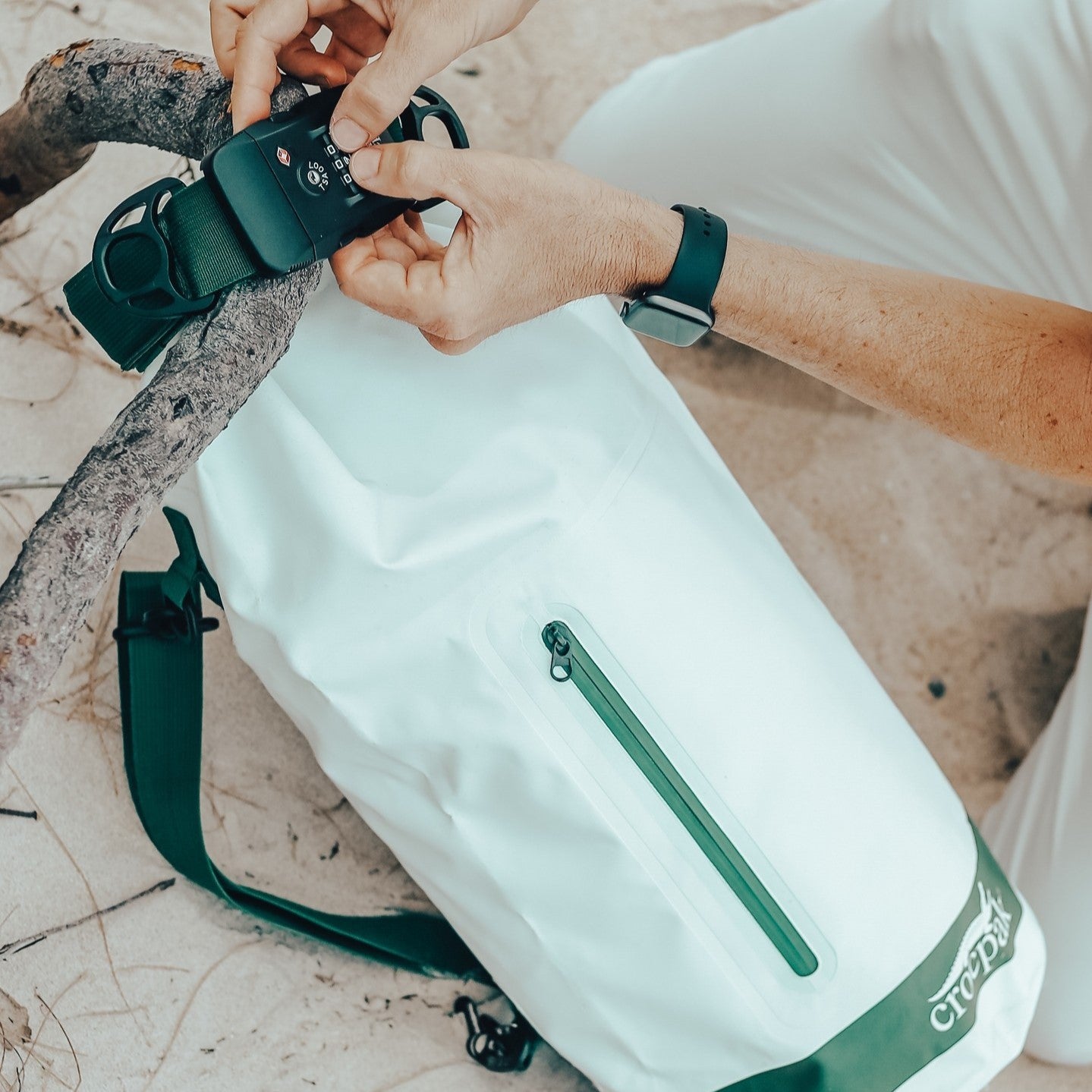
Leave a comment
This site is protected by hCaptcha and the hCaptcha Privacy Policy and Terms of Service apply.